Flipped Learning Toolkit: Getting Everyone on Board
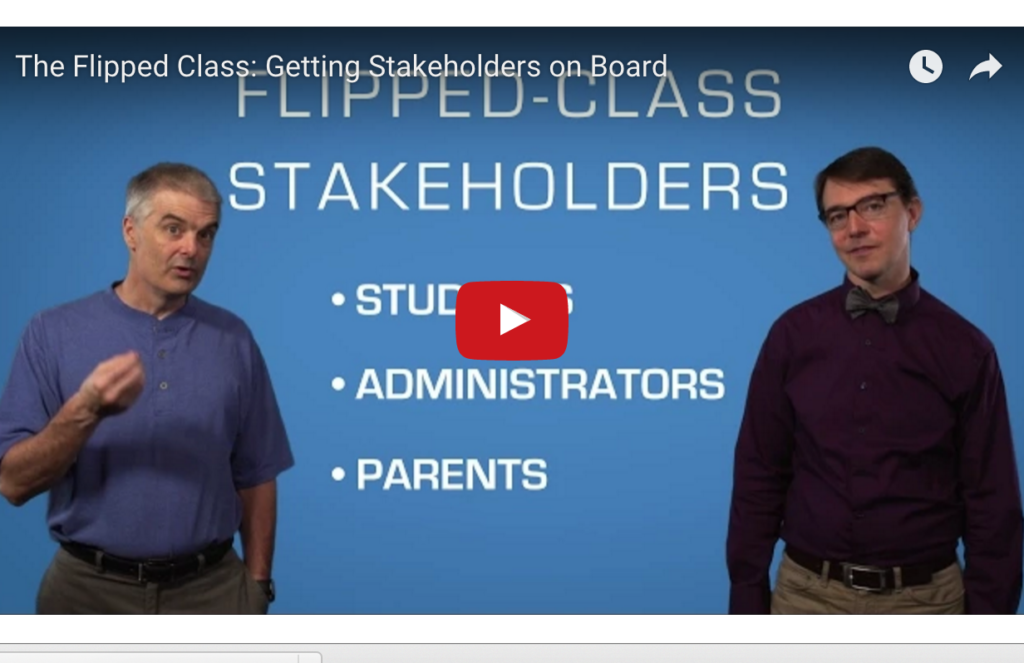
This tool features a short video that provides teachers with tips to help educate students, administrators, and parents about the flipped classroom teaching approach and gain their support. It also includes a short article for parents explaining the benefits of a flipped classroom, an article for students with tips on getting the most out of… Read More ›
School Counselor Advocacy Letter

The School Counselor Advocacy Letter was created with counselors and is addressed to teachers, school leaders, and other staff. The goal of the letter is to open a conversation about the areas in which counselors can be valuable team members in the changing 21st century learning environment. With a greater emphasis on college and career… Read More ›
Reflection Tool For 21st Century Learning

Supporting college and career readiness by fostering soft skills—sometimes called essential skills, is an important area of student-centered work. Working with the staff and students at C-Town Tech, a new information technology program at Charlestown High School, located in Boston, the Students at the Center Hub team developed the Reflection Tool For 21st Century Learning to support… Read More ›
Implementation Guide: Starting Student Consulting at Your Site
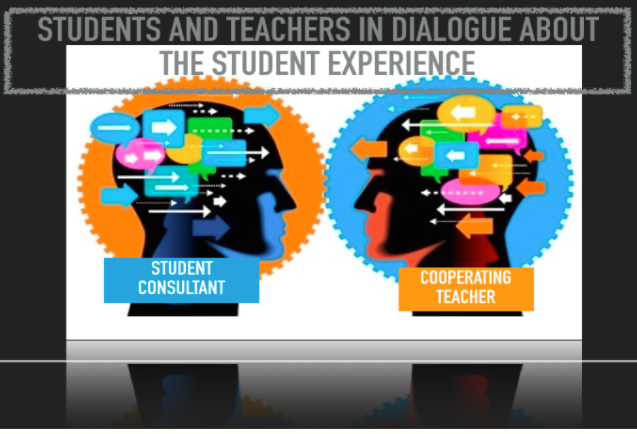
This implementation guide, created by High Tech High Media Arts (HTHMA) in San Diego, was developed from a six-week consulting program in which Juniors acted as consultants to first year teachers to provide constructive feedback and build dialogue. Providing new teachers with feedback from the student perspective helped foster positive, supportive classroom relationships which serve as the… Read More ›
BPS Family Learning Guides

These guides provide detailed descriptions of what children should know and be able to do by the end of the school year in English language arts, social studies, science, and math. They also include subject-specific activities to extend learning at home.There is a specific guide for kindergarten through grade eight, and all are available for… Read More ›
What is Competency-Based Education?
This one-page overview of “competency-based education” explains the differences between this and a more traditional approach to student assessment and progression. This overview describes the competency-based learning system at Boston Day and Evening Academy in which students are placed on a learning path, rather than a grade level, based on their demonstrated skills. Students take… Read More ›
Student Voice Professional Development Module
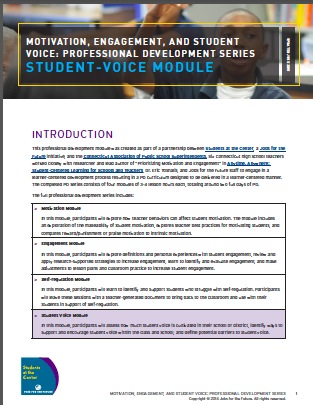
This professional development module was created as part of a partnership between Students at the Center, a Jobs for the Future initiative, and the Connecticut Association of Public School Superintendents. Six Connecticut high school teachers worked closely with researcher and lead author of “Prioritizing Motivation and Engagement” in Anytime, Anywhere: Student-Centered Learning for Schools and Teachers,… Read More ›
Building Your Roadmap For 21st Century Learning Environments
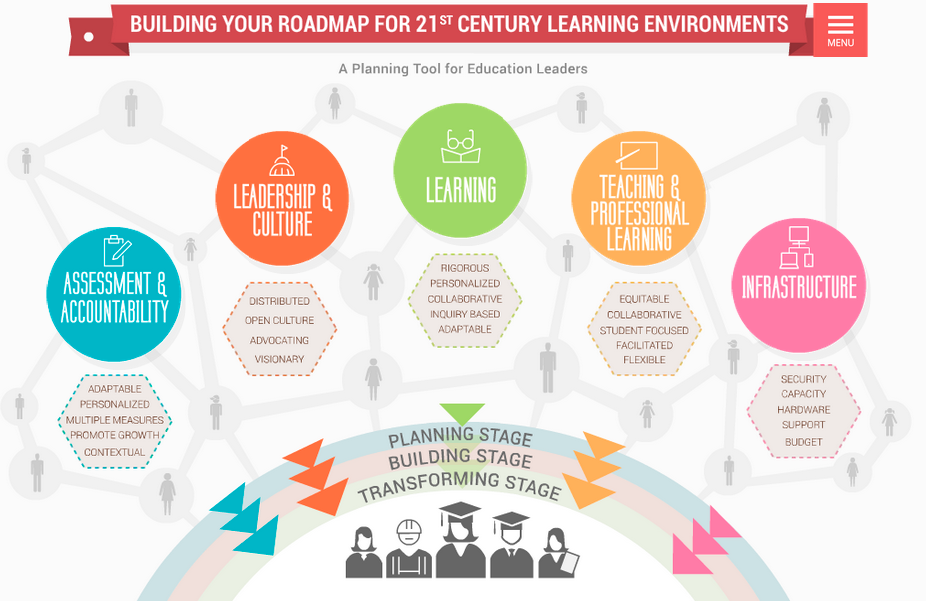
This resource, developed by the Cable Impacts Foundation, the Partnership for 21st Century Learning and the State Educational Technology Directors Association, is for education leaders interested in transitioning to 21st-century learning environments. Using the Roadmap, educational leaders can determine where their system is and where they need to go in each of the topic areas,… Read More ›
District Guide to Blended Learning Measurement
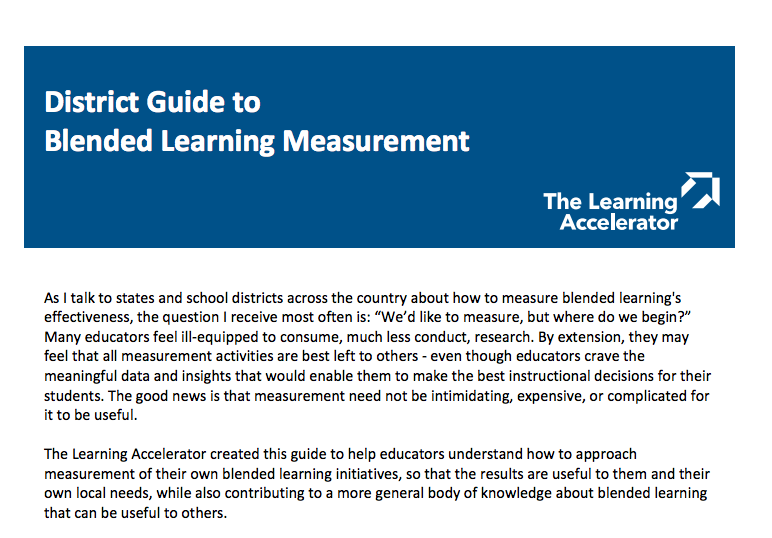
This guide, developed by the Learning Accelerator, helps educators understand and deepen blended learning practice in their schools. Included with the guide is a tool that supports measuring effectiveness for existing school or classroom-level blended learning initiatives. Source Organization: The Learning Accelerator Visit the resource
Educator Competencies for Personalized, Learner-centered Teaching
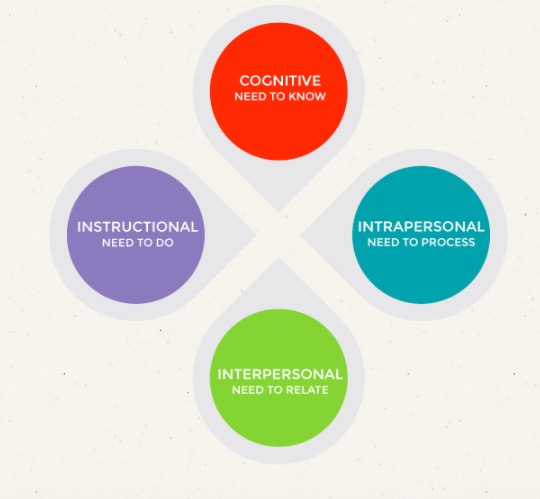
Gone is the default image of a teacher—an adult lecturing to students seated neatly in rows, assigning the same textbook pages to everyone, and administering the same quiz on the same day to the entire class, with the expectation of a “normal distribution” of achievement along a bell curve. Instead, teachers in personalized, learner-centered settings… Read More ›
Getting Started in Education Organizing: Resources and Strategies
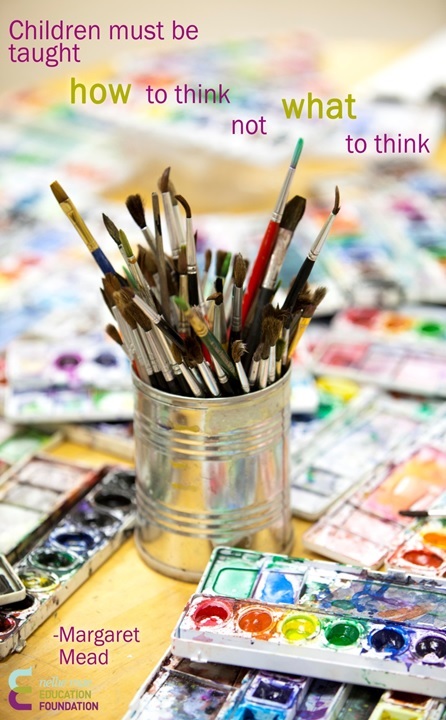
This guide provides strategies and resources to support community organizing for education reform. It is designed for community organizations that have some previous experience with organizing and want to tackle disparities in the education system. The guide outlines how organizing for education reform differs from other organizing efforts. It explores how to build a base… Read More ›
New York City’s School of the Future from Edutopia’s Schools That Work Series

This group of tools documents the assessment work at School for the Future, a 6-12 grade school in Manhattan. The school has shown success by using authentic assessments to gauge students’ understanding of fundamental concepts and development of critical thinking skills. The assessment guide foster teaching and learning in positive ways. Formative assessment helps teachers… Read More ›